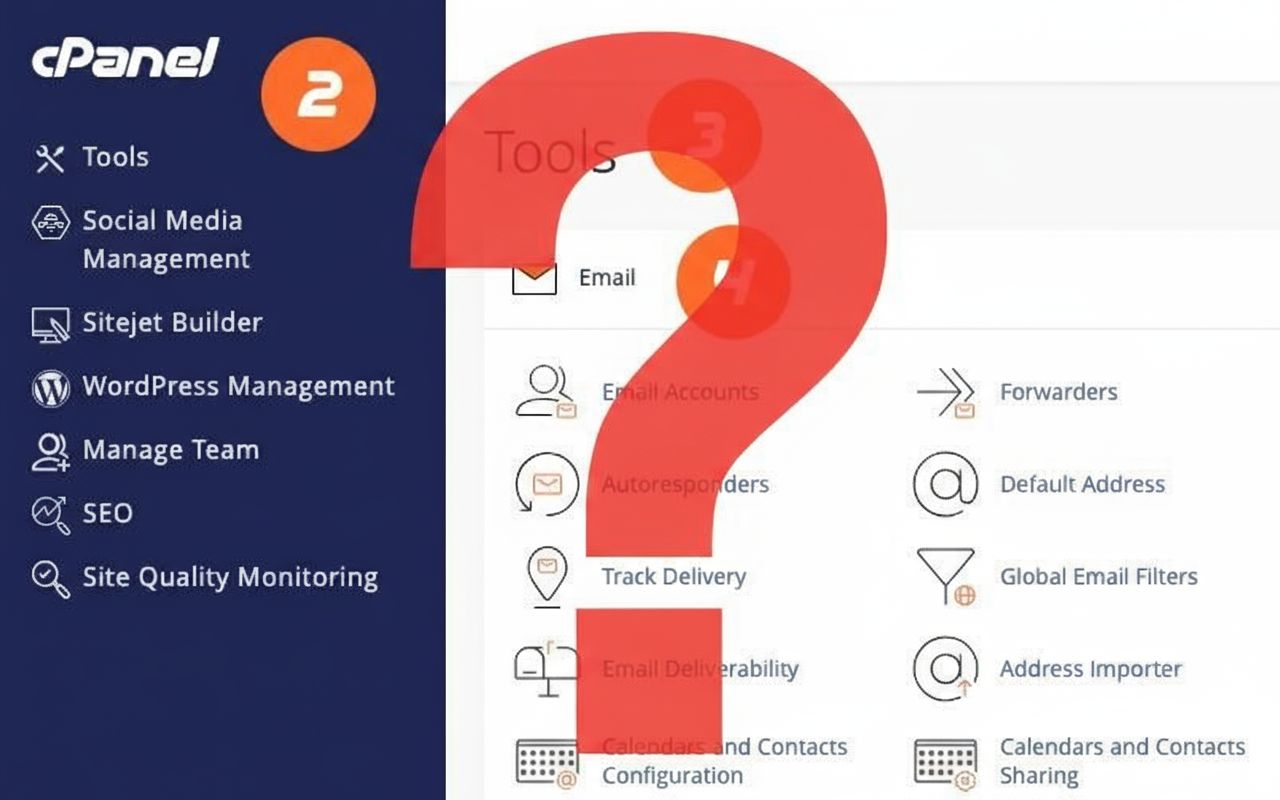What is Multicloud Hosting and Why It’s Critical for Business Continuity
In today’s rapidly evolving digital landscape, over 97% of IT professionals plan to adopt a multicloud strategy within the next 12 months. But what exactly is multicloud hosting, and why has it become so crucial for modern businesses? Let me break down this game-changing approach that’s revolutionizing how companies manage their infrastructure.
🌐 Understanding Multicloud Hosting
Multicloud hosting refers to the strategic use of multiple cloud service providers simultaneously to distribute workloads, applications, and data across different platforms. Unlike single-cloud approaches, this strategy leverages services from providers like Amazon Web Services (AWS), Microsoft Azure, Google Cloud Platform (GCP), and others to create a diversified cloud ecosystem.
The key distinction is that multicloud involves using different clouds of the same type (typically public clouds), while hybrid cloud combines different types of infrastructure (public and private clouds). This approach allows businesses to select the best-fit services from each provider rather than being locked into one vendor’s ecosystem.
💼 Current Market Reality and Adoption Trends
The statistics speak volumes about multicloud’s importance. 86% of organizations have already adopted a multicloud approach, with the global multicloud management market valued at USD 12.52 billion as of 2024. Even more impressive, this market is projected to reach USD 49.29 billion by 2034, showing a robust compound annual growth rate of 23.4%.
What’s driving this massive adoption? 89% of businesses now use multicloud setups, while 73% rely on hybrid models. The trend is so strong that Gartner predicts 80% of enterprises will adopt multicloud strategies by 2026.
🛡️ Business Continuity: The Core Advantage
Business continuity stands as the most compelling reason to embrace multicloud hosting. When I analyze the current threat landscape, single points of failure represent unacceptable risks for modern enterprises. Major cloud outages in 2024, including week-long disruptions from various providers, highlighted the vulnerability of single-cloud dependencies.
Multicloud hosting creates redundancy and resilience by distributing workloads across multiple environments. If one provider experiences downtime, your critical applications seamlessly fail over to alternative providers, ensuring minimal business disruption. This approach has proven essential for maintaining uninterrupted service delivery, particularly for mission-critical applications.
⚡ Key Implementation Strategies
Successful multicloud implementation requires strategic planning across several dimensions:
Workload Distribution: I recommend analyzing each application’s requirements and placing them on the most suitable cloud platform. For instance, you might use Google Cloud for machine learning workloads while leveraging AWS for general infrastructure needs.
Geographic Distribution: Deploy resources across different regions and providers to optimize performance and meet data sovereignty requirements. This approach ensures compliance with regulations like GDPR while reducing latency for global users.
Cost Optimization: Leverage each provider’s pricing advantages by selecting cost-effective solutions for specific workloads. This strategy can result in significant savings compared to single-provider approaches.
🔒 Security and Compliance Benefits
Multicloud environments enhance security through distributed risk management. By spreading data and applications across multiple platforms, you reduce the impact of potential security breaches or provider-specific vulnerabilities. Each cloud provider offers unique security features, allowing you to implement defense-in-depth strategies that leverage the best security tools from each platform.
For compliance-heavy industries, multicloud provides flexibility to meet diverse regulatory requirements. You can store sensitive data in specific geographic regions while using other providers for less regulated workloads, ensuring comprehensive compliance coverage.
📊 Performance and Innovation Advantages
The multicloud approach unlocks access to best-of-breed services from different providers. While AWS might excel in certain areas, Azure could offer superior solutions for others. This diversity enables you to optimize performance for specific use cases while accessing cutting-edge technologies like AI, machine learning, and big data analytics from multiple sources.
Innovation acceleration becomes possible when you’re not constrained by a single provider’s roadmap. You can experiment with emerging technologies from various vendors, fostering a culture of innovation that keeps your business competitive.
⚖️ Addressing Implementation Challenges
Despite its benefits, multicloud introduces complexity. Management overhead increases when dealing with multiple interfaces, billing systems, and security protocols. However, modern unified management platforms and automation tools are addressing these challenges by providing single pane of glass visibility across all cloud environments.
Skills development becomes crucial, as your team needs expertise across multiple platforms. Investment in training and hiring cloud-agnostic professionals pays dividends in long-term multicloud success.
🎯 Conclusion
Multicloud hosting represents the future of enterprise infrastructure strategy. With 97% of organizations planning adoption and proven benefits in business continuity, cost optimization, and innovation acceleration, multicloud isn’t just a trend—it’s a business necessity for competitive advantage and resilience.
Techyhonest recomends…
| Brand Name | Services | Link |
|---|---|---|
| 🔷 Bluehost |
|
Review |
| 🌻 InMotion Hosting |
|
Review |
| ☁️ Cloudways |
|
Review |
| 🧊 WP Engine |
|
Review |
| 🐊 HostGator |
|
Review |
| ⚙️ Flywheel |
|
Review |













